Solution Manual Legal Environment of Business 8th Edition By Cheeseman
ISBN-10: 013397331X, ISBN-13: 978-0133973310
Chapter 1: Legal Heritage and the Digital Age
- Answerto Critical Legal Thinking Case
1.1Fairness of the Law
Many students will react that the statute is unfair as it does not afford women equal status in the workplace. In light of today’s standards, that position is well founded. However, it is a useful exercise to consider arguments for the opposite position in the context of the time period. In enacting such a statute, the legislature presumably entertained the view that women had special needs, were subject to certain weaknesses, and therefore the demands made on them had to be accommodated in the workplace. That these premises, i.e., special needs and presumed weaknesses, might be false does not necessarily preclude one from acting morally. Moralists might label this ignorance as excusable in that it is “invincible,” i.e., an ignorance that cannot be destroyed or offers no moral reason for doing so. Of course, modern experience and knowledge require that we question these premises. It almost certainly would not be lawful today. Not only have the items relevant to the test of equal protection broadened under present constitutional interpretations, but also Title VII of the Civil Rights Act of 1964 prohibits any discrimination on the basis of sex in the “terms, conditions, and benefits of employment.” W. C. Ritchie & Co. v. Wayman, Attorney for Cook Country, Illinois, 244 Ill. 509, 91 N.E. 695, 1910 Ill. Lexis 1958 (Supreme Court of Illinois)
VII. Answer to Ethics Case
1.2Ethics Case
The better case is made by the dissent. The law has not been progressive in this instance. It is likely that legislators entertained an unconscious premise that women should not be required to fight a war. This speculation might be supported by the fact that the majority of the Supreme Court summoned a technical legal point to justify their ruling. The Court held that Congress was the proper party to articulate the public policy that women should not fight at the front, thereby removing themselves from any further consideration of the substantive issue, i.e., whether equality was being served as a matter of fairness. Rostker, Director of the Selective Service v. Goldberg, 453 U.S. 57, 101 S.Ct. 2646, 1981 U.S. Lexis 126 (Supreme Court of the United States)

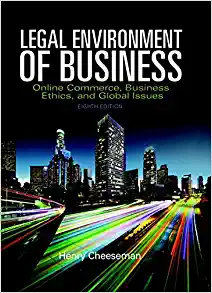
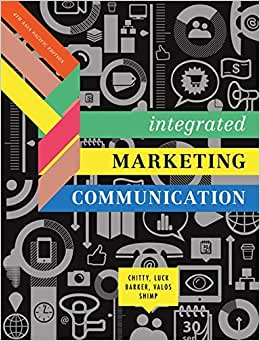
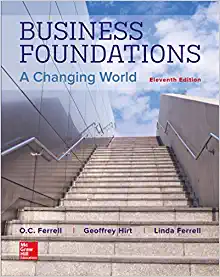


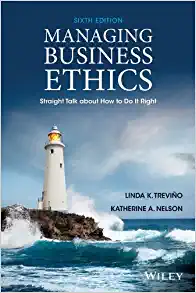
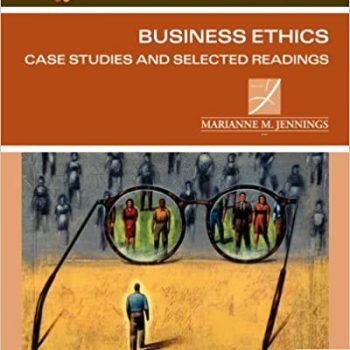

Reviews
There are no reviews yet.